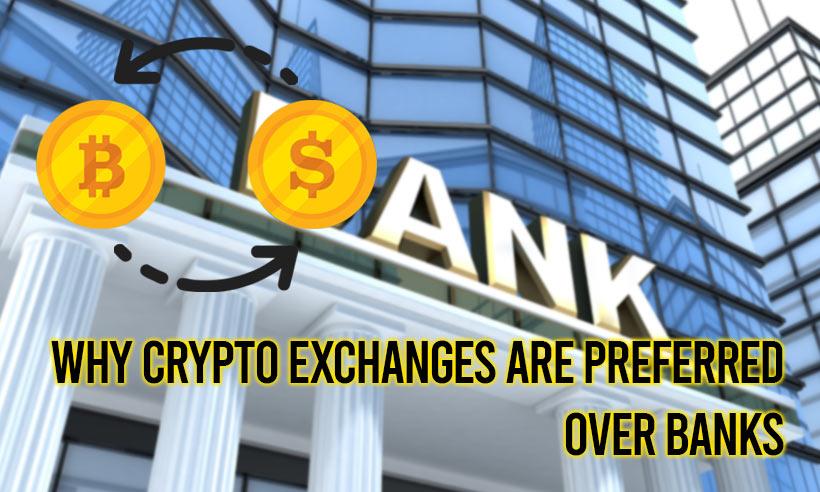Jun 12, 2022
Some Reasons Why Crypto Users Prefer Cryptocurrency Exchanges Over Commercial Banks
.
Disclaimer: The views and opinions expressed in this article are for informational purposes only and do not constitute financial, investment, or other advice. Investing in or trading crypto assets comes with a risk of financial loss.
Chukwuemeka Raphael is an author and cryptocurrency news writer/analyst. As a Mathematics graduate and trained analyst, he combines his Math knowledge and strong reading culture in contributing content and analysis for the development of cryptocurrency and blockchain space.
